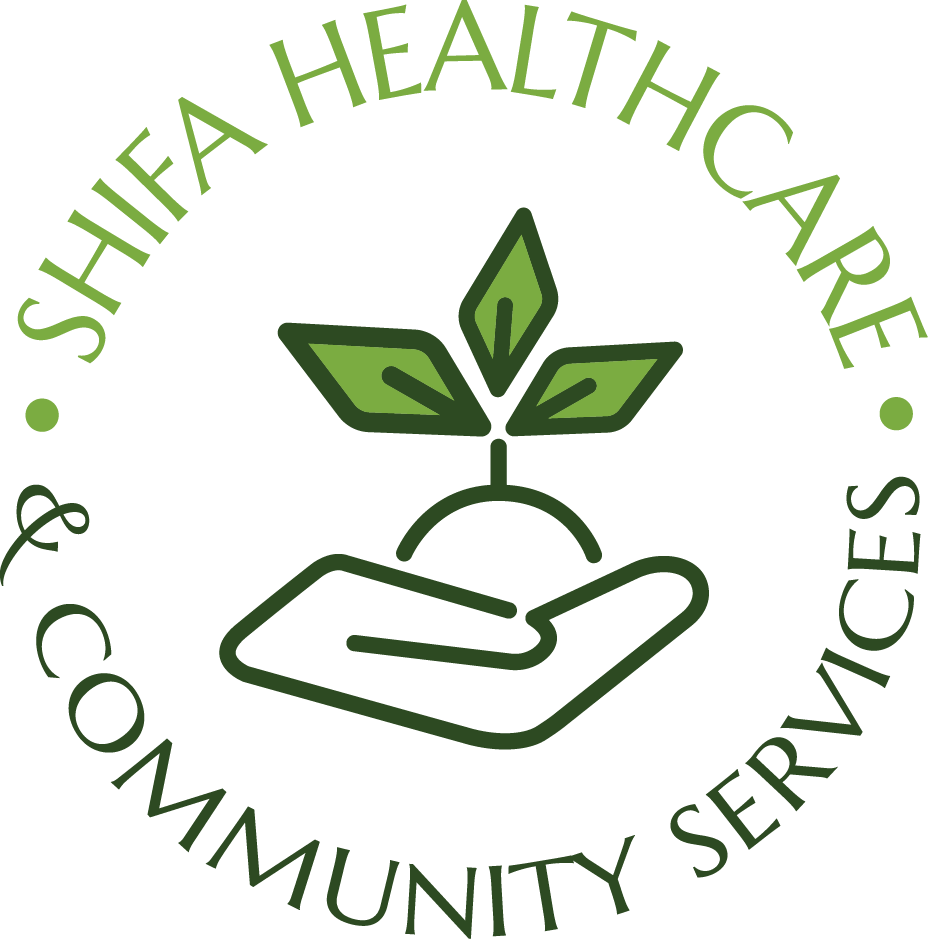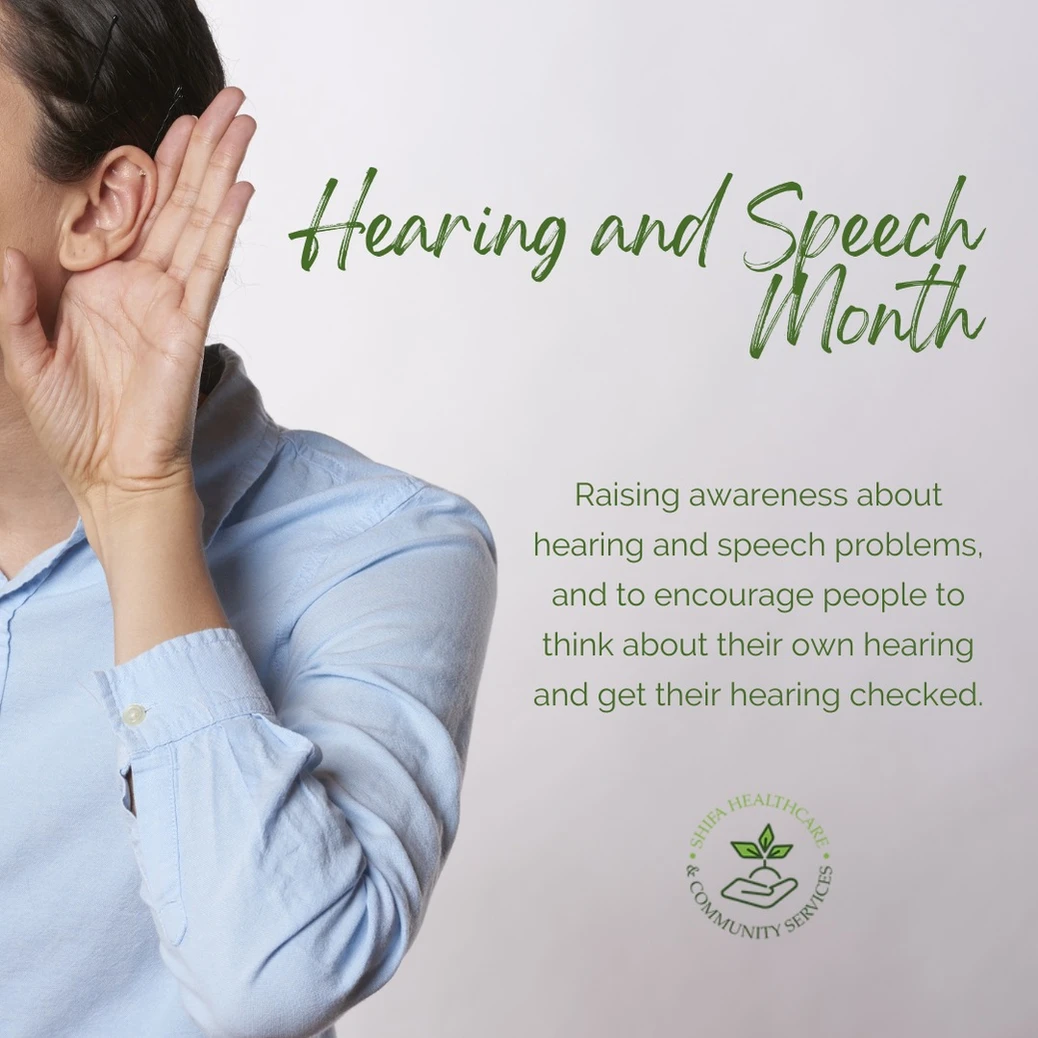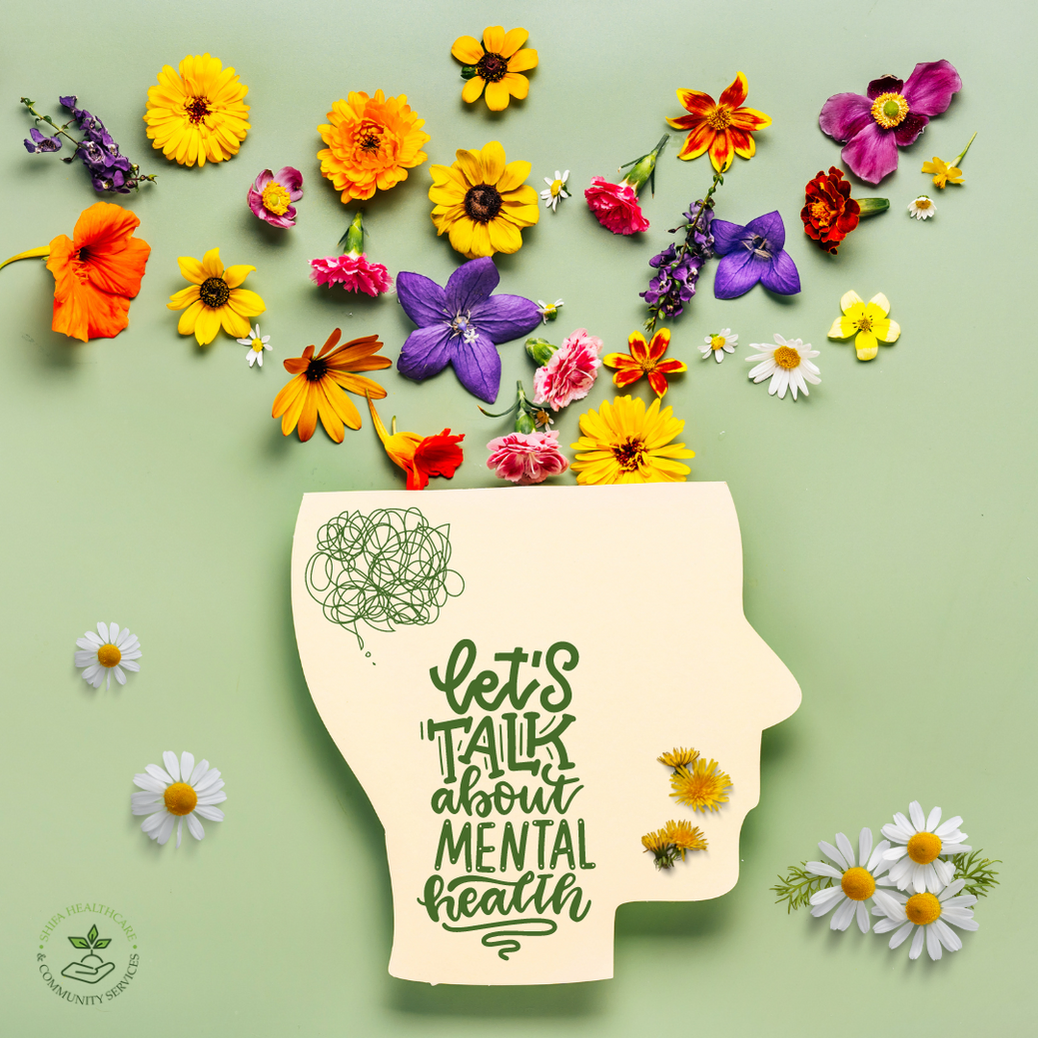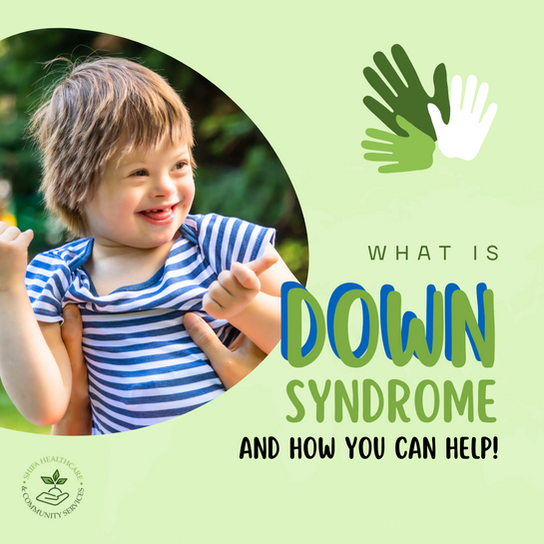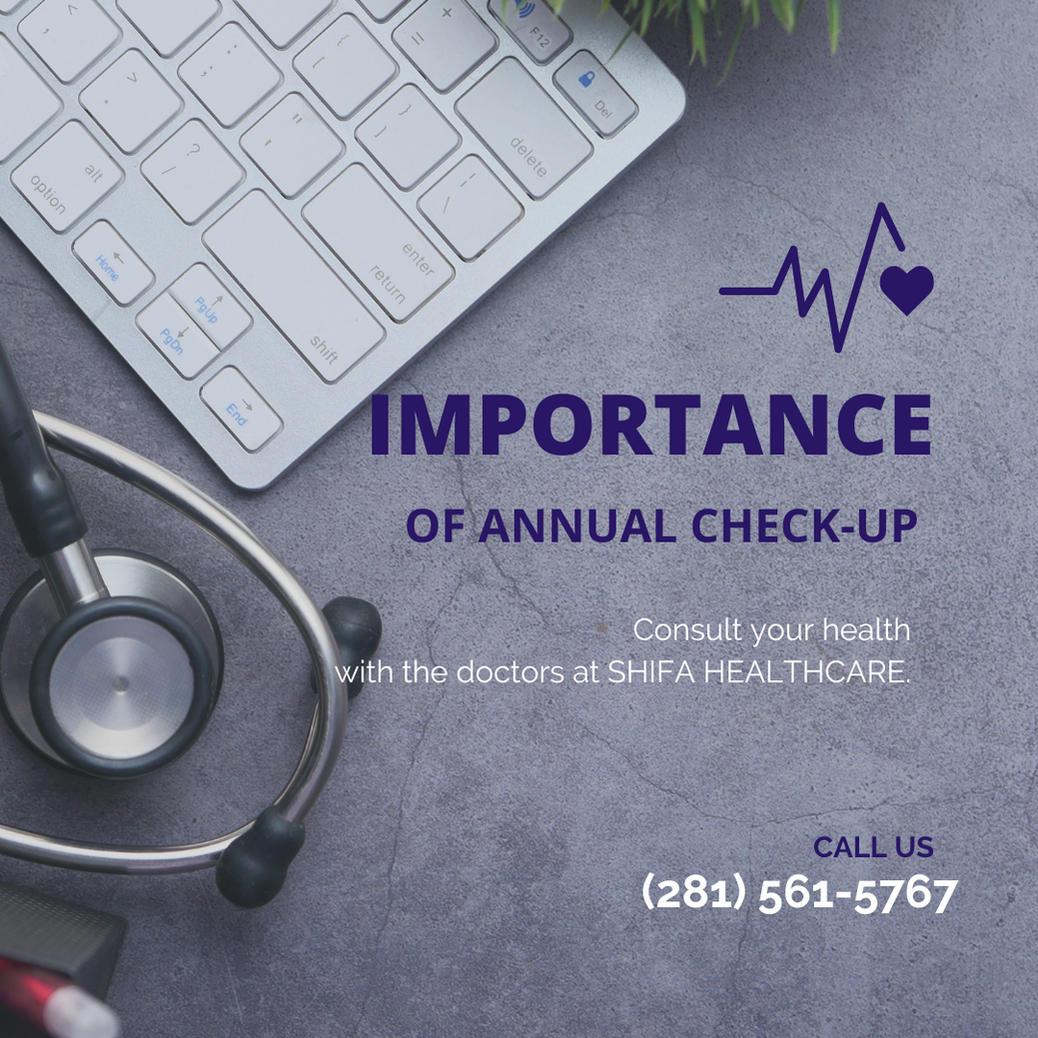In a world where the synergy of healthcare and community support is a beacon of hope, Shifa Healthcare & Community Services emerges as a transformative force. On the vibrant morning of August 3, 2033, Shifa Clinic held its momentous ribbon-cutting ceremony, marking the inception of a new era. Nestled in the heart of Houston, at the address of Southwest Clinic 8150-C Southwest Freeway, the clinic promises an accessible haven of medical care, cutting-edge dental services, empowerment through its Women’s Center, and an array of essential community initiatives. As the calendar inches closer to the clinic’s anticipated opening in September 2023, the ribbon-cutting event brought together eminent personalities, community leaders, and advocates for quality healthcare and holistic well-being.
A Nexus of Comprehensive Care
Shifa Healthcare & Community Services isn’t just another healthcare facility—it’s a sanctuary that caters to diverse needs, woven together under a tapestry of compassion and excellence. As the clinic opens its doors, it unfurls a comprehensive range of services, including:
Medical Care:
At the heart of Shifa Clinic’s offerings lies a commitment to providing exemplary medical care. The spectrum ranges from primary care to meticulous medical and physical examinations, a testament to the clinic’s dedication to the overall well-being of its patients.
Dental Care:
Pioneering a new paradigm, Shifa Clinic proudly introduces its premier dental care unit. This marks a watershed moment in dental healthcare, offering meticulous cleanings, cutting-edge X-rays, preventive strategies, and immediate attention for dental emergencies. The integration of dental care underscores the clinic’s holistic approach to wellness.
Women’s Center:
Shifa Clinic’s Women’s Center stands as an emergency transitional home, providing refuge to survivors of domestic violence, women, and children. Regardless of their backgrounds, our center welcomes all ethnicities with open arms. Our focus is on offering shelter, sustenance, as well as medical, health, and wellness services to women and children. At the heart of Shifa Clinic’s Women’s Center lies a commitment to empowerment. In addition to medical and mental health support, our center nurtures personal growth, encourages community involvement, and uplifts through empowerment.
Healthcare Community Services:
In an age where community solidarity is indispensable, Shifa Clinic extends its hand through an array of community services. These encompass educational initiatives, comprehensive family support, legal guidance, and even the distribution of essential sustenance. This multi-faceted approach underscores the clinic’s commitment to being a cornerstone of community upliftment.
Universal Access for All
The ribbon-cutting event highlighted Shifa Clinic’s unwavering belief in healthcare as a universal right that transcends insurance constraints. This clinic embodies the principle that every individual, irrespective of their background or financial capacity, deserves unwavering care. This “open for all” ethos stands as a testament to Shifa Clinic’s pledge to bridge gaps and foster inclusivity in healthcare access.
Distinguished Guests and Recognition
The grandeur of the ribbon-cutting ceremony was accentuated by the presence of esteemed dignitaries who acknowledged and celebrated Shifa Healthcare & Community Services’ unwavering commitment. The certificates of recognition presented by Judge Lina Hidalgo, State Representative Ron Reynoso, State Representative Dr. Suleiman Lalani, and County Judge KP George epitomized the clinic’s profound contribution to the community.
A Grateful Salutation
Shifa Clinic’s remarkable journey from vision to reality was rendered possible by the steadfast support of the Houston West Chamber of Commerce and the clinic’s esteemed sponsors. Their benevolence and unwavering faith in Shifa’s mission bestowed the ribbon-cutting celebration with an added layer of significance. A heartfelt acknowledgment is also extended to the dedicated Board of Directors and the entire Shifa Team. Their unwavering dedication, passion, and relentless commitment have been the driving forces behind the clinic’s transformation.
Enlist in the Movement
Beyond being a mere healthcare facility, Shifa Healthcare & Community Services embodies a movement—a call to unite, transform, and illuminate a path forward. As the clinic’s doors swing open in September 2023, all are invited to partake in this transformative journey. Whether seeking medical attention, dental care excellence, women’s empowerment, or an opportunity to contribute to the community, Shifa Clinic opens its arms wide.
Secure Your Appointment, Influence Change
Embarking in this era of integrated healthcare and community support starts with securing your appointment. Become a part of something grander, a movement that prioritizes inclusivity, well-being, and growth. Secure your appointment today and be the catalyst for your holistic wellness journey.
Impact through Contribution
Shifa Healthcare & Community Services believes in the power of collective impact. Your contribution holds the potential to bring tangible transformation, supporting the clinic’s mission of holistic well-being and empowerment. Contemplate making a donation today, and become a catalyst for constructive change.
A Nexus of Care and Support
Embark on a healthcare journey that transcends conventions. From comprehensive medical care to cutting-edge dental services, and from women’s empowerment to all-encompassing community support, Shifa Clinic is your epicenter of well-being. Immerse yourself in the realm of medical care, dental care, women’s center, and community services to uncover the multi-faceted tapestry of services that await you. In a world intricately interconnected, Shifa Healthcare & Community Services serves as a living testament to the potential of empathy, collaboration, and unwavering commitment.
As the clinic readies itself for the grand unveiling in September 2023, the ribbon-cutting ceremony becomes a pivotal milestone—a harbinger of a new epoch wherein health, well-being, and community unite to sculpt a brighter destiny. Join us in embracing this transformative odyssey, where every step we tread engraves a lasting legacy on the canvas of health and compassion.
